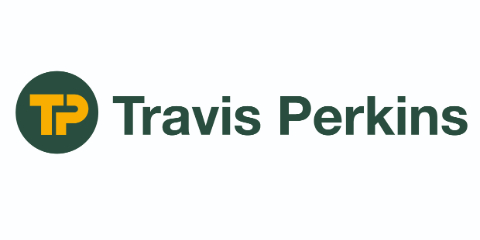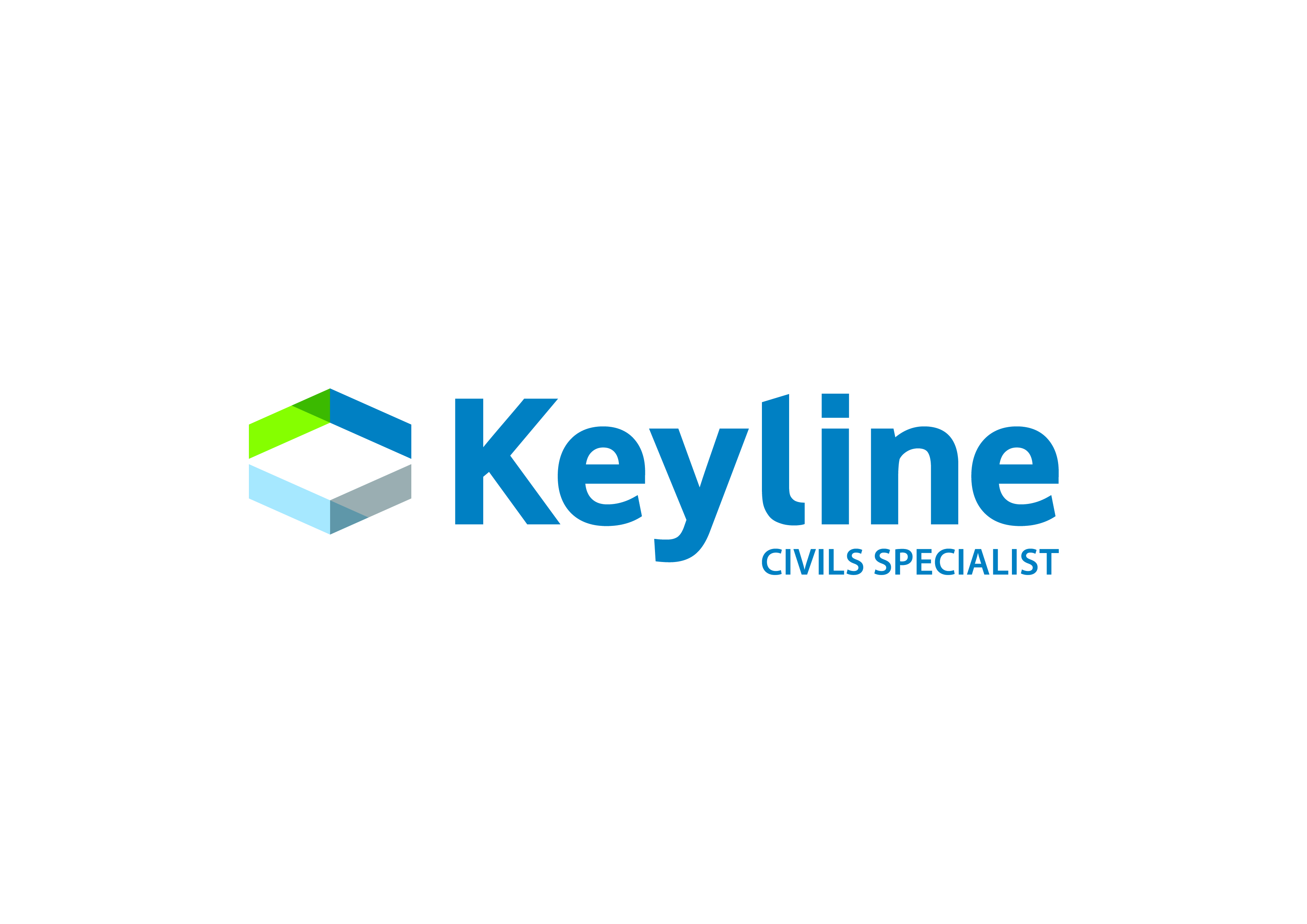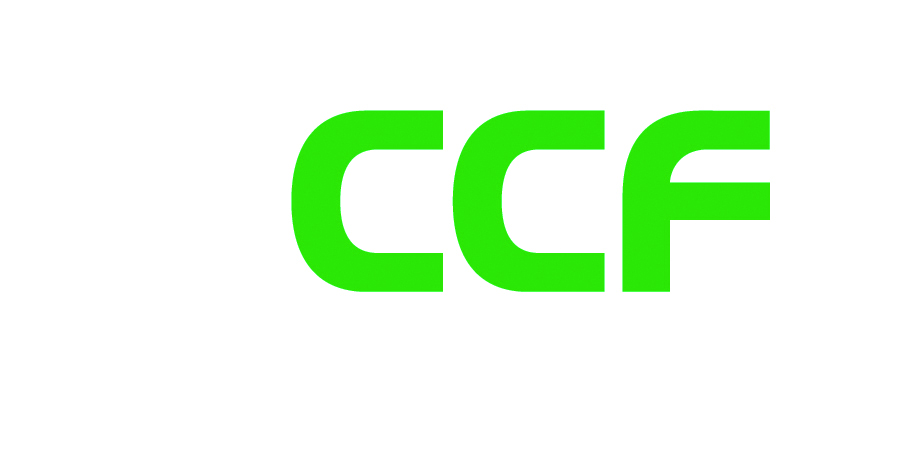Travis Perkins has established a sponsored Level I American Depositary Receipt (ADR) program for which Deutsche Bank perform the role of depositary bank.
The Level 1 ADR program trades on the U.S. over-the-counter (OTC) markets under the symbol TPRKY (it is not listed on a U.S. stock exchange). Each Travis Perkins ADR represents one Travis Perkins Ordinary Share.
Ticker: TPRKY
Structure: Level I ADR
Exchange: OTC
Ratio (ADR : ORD): 1 ADR : 1 Ordinary Share
DR ISIN: US89455F3073
CUSIP: 89455F 307
Contact details for ADR investors and brokers:
Deutsche Bank ADR broker services desks
New York: Tel +1 212 250 9100
London: +44 (0)20 7547 6500
Contact details for registered ADR holders:
Deutsche Bank Shareholder Services
Equiniti Trust Company LLC
Peck Slip Station
PO Box 2050
New York NY10272-2050
Email: [email protected]
Website: www.equiniti.com
Toll free number (if calling from within the U.S.): (866) 249 2593
Direct Dial (if calling from outside the U.S.): +1 718 921 8137
Deutsche Bank, as the depositary bank for Travis Perkins’s sponsored Level I ADR program, performs the following roles for ADR holders:
- Records and maintains the register of ADR holders
- Is the stock transfer agent
- Distributes dividends in U.S. dollars (when dividends have been declared by the Board of Directors)
- Issues new Travis Perkins ADRs and cancels existing Travis Perkins ADRs
For those holders who are not registered because their shares are held through a ‘street name’ (bank or broker nominee account), your nominee will receive company documents from time to time from Deutsche Bank to distribute to ADR holders. You need to make arrangements with your nominee if you wish to receive such documents and to be able to exercise your vote through the depositary bank at general meetings (if applicable).
Frequently Asked Questions
What is an American Depositary Receipt?
An ADR is a negotiable U.S. certificate representing ownership of shares in a non-U.S. corporation. ADRs are quoted and traded in U.S. dollars in the U.S. securities market. Dividend payments (if declared by the Board of Directors) are also paid in U.S. dollars. ADRs were specifically designed to facilitate the purchase, holding and sale of non-U.S. securities by U.S. investors and to provide a corporate finance vehicle for non-U.S. companies.
What are the benefits of ADRs to US investors?
U.S. investors generally prefer to purchase ADRs rather than ordinary shares in the issuer's home market because ADRs trade, clear and settle according to U.S. market conventions. One of the main advantages is the facilitation of diversification into foreign securities. ADRs allow easy comparison to securities of similar companies, as well as access to price and trading information. ADR holders also appreciate U.S. dollar dividend payments (if declared) and receiving corporate action notifications.
How can I find dividend payment and corporate action information for Travis Perkins?
For dividend and corporate action information, please visit: http://www.adr.db.com.
Please search the name Travis Perkins and then select the ‘Corporate Actions’ tab. Alternatively, you may contact Deutsche Bank Shareholder Services at the following toll-free number (if calling from within the U.S.): (866) 249 2593 or Direct Dial: +1 (718) 921 8137
How are ADR dividends paid?
Dividends, when declared by Travis Perkins’s Board of Directors, are generally payable to ADR holders in U.S. dollars seven days after dividend payments are paid on Travis Perkins’s ordinary shares, to accommodate the payment process established by Travis Perkins and Deutsche Bank.
Where are Travis Perkins ADRs traded?
Travis Perkins ADRs are traded on the US over-the-counter (OTC) markets. They are not listed on a U.S. stock exchange:
Ticker: TPRKY
Structure: Level I ADR
Exchange: OTC
Ratio (ADR : ORD): 1 ADR : 1 Ordinary Share
DR ISIN: US89455F3073
CUSIP: 89455F 307
What is the difference between a registered holder and a beneficial ADR holder?
A registered holder is one whose name appears on the books of the depositary bank, as registrar; the registered holder is considered the owner of record. A beneficial holder is one whose holdings are held in another name, such as a broker, bank or nominee.






